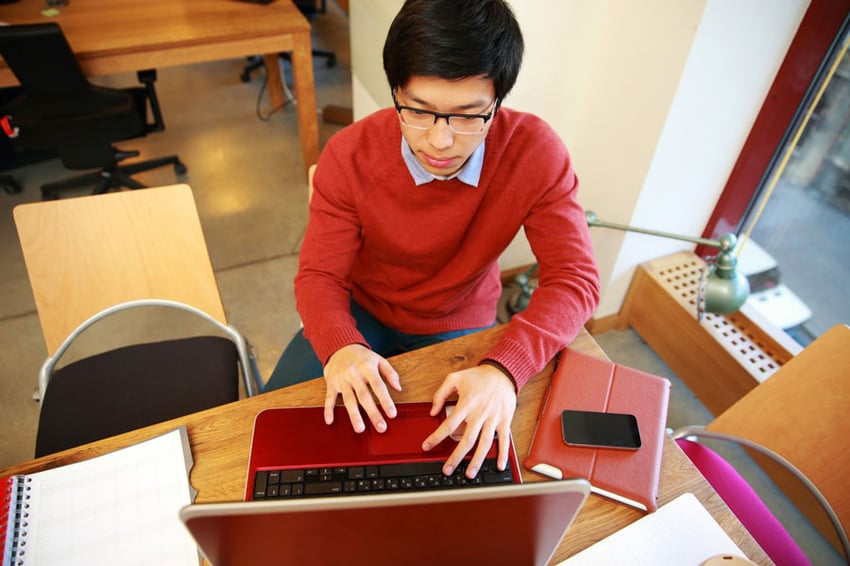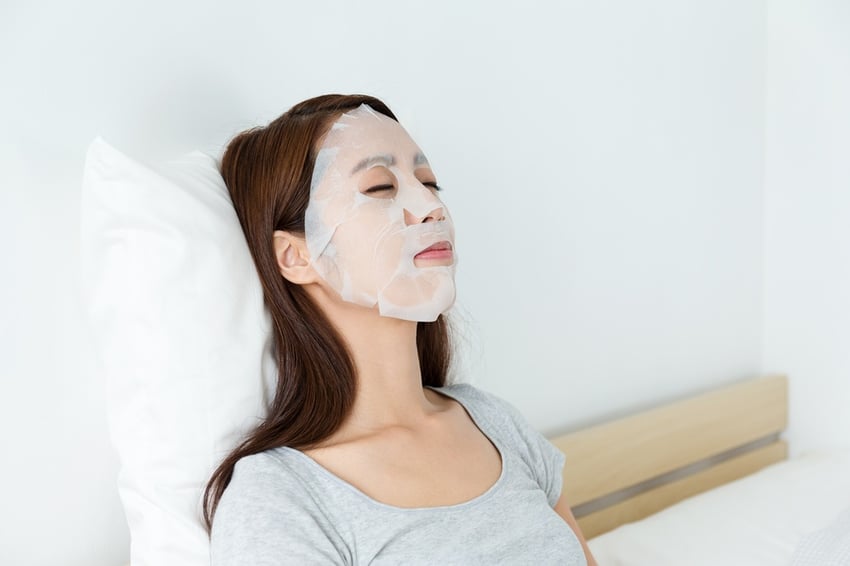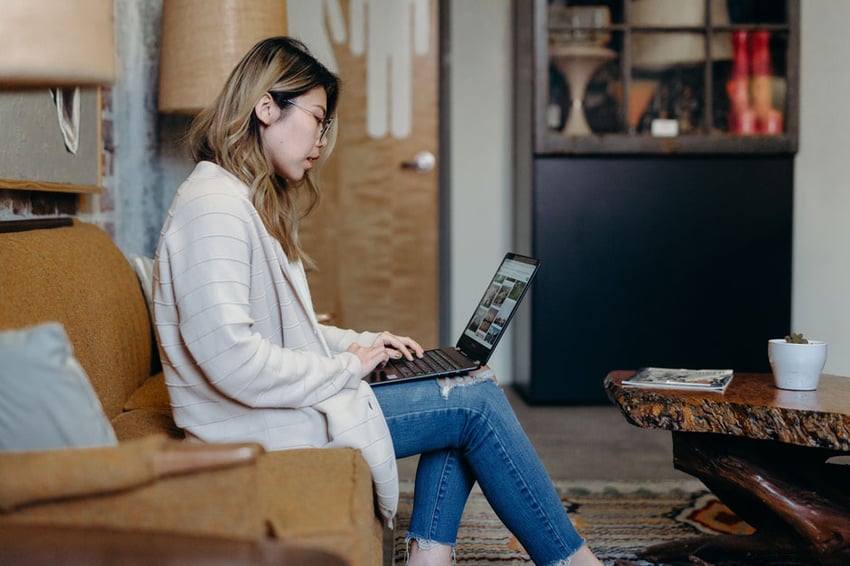
Australian goods are hot property for Chinese consumers, as growing concerns around product safety and counterfeit items have reduced trust in Chinese products amongst the local market.
Demand for Australian-made is soaring, as a new brand of entrepreneurs emerges from the Chinese student population of Australia. Daigous, or purchasing agents, are buying from Australia and selling on to China - in bulk.
“It’s happening everywhere at the moment, it’s a real movement. Companies like Bellamy’s, a2, Swisse and Blackmores are absolutely cleaning up." (Simon Hansford, Milk Powder Australia)
Find out what's driving this retail trend and how Australian businesses can make the most of the opportunity.
What exactly is happening here?
One of the first and most famous examples of this trend comes from 2008, when 6 babies died from drinking toxic Chinese infant formula, leading to many Chinese people importing foreign milk powder - buying directly to avoid suppliers and retailers mixing it with Chinese formula.
Today, by making the most of their networks and first-hand knowledge of Chinese consumer tastes, Chinese students have been creating huge surges in demand for Australian businesses, buying specific products (particularly health and beauty items) and selling them on to China.
Leveraging their access to Australia’s high quality health products (in comparison to made-in-china alternatives) is a no-brainer for these shopper entrepreneurs.
“The Chinese have always had blind adoration for foreign things. So rather than paying for expensive, made-in-China products that might lack safety, why wouldn’t they buy high-quality Australian ones at lower prices?” (Uki Shao)
According to a study of TMall (China’s largest open B2C e-commerce platform), the top 6 Australian brands in 2016 were Chemist Warehouse, Swisse, Blackmores, NaturesWay, Devondale and Woolworths.
You may be thinking: “Hold on, why are these big brands not skipping out the middle man and selling directly to China?”
Big Problem 1: Trust.
Daigous have the trust of their network of Chinese consumers. Your business probably doesn’t. A daigou acts as your social influencer, your marketer.
Big Problem 2: Rules and regulations.
For example, animal testing is required for skin care products in China and a lot of Australian brands wouldn’t do this. Vitamin regulations are also completely different over there.
These differences make the process of registering a product very time-consuming and costly.
How can Aussie businesses benefit?
Although Australia has the advantage of holding a clean, natural and quality reputation amongst the Chinese, it seems that for businesses to maximise the potential of this opportunity, their strategy still needs to involve bridging certain gaps to build trust.
Connect with the Chinese consumer
Culturally, Australia and China are very different, and this applies to their shopping behaviour too. To be successful, Australian firms must make an effort to get on the same page as these consumers, and invest in the long game in order to reap the rewards.
Mario Tascone (COO, Chemist Warehouse) recently said that the daigous favour their stores because they can accommodate large orders and have very competitive prices.
The company also sells directly on the Chinese e-commerce platform TMall, where they use letters of authenticity from their Australian suppliers as well as running a Chinese customer support team, thus bolstering their reputation and trust levels amongst Chinese consumers.
However, due to authenticity concerns, many Chinese customers will still opt to go through Chinese students. Which brings me to my next point…
Leverage social influencers
Australian companies can leverage purchase agents by working with them much like social influencers (check out our blog on how to do this here).
These individuals have developed large networks and followings, which they can use as an audience to endorse your product to via videos in WeChat (their main messaging app and payment platform).
Think of it like social proof. If the daigou can prove that they are living in Australia and the product (much like others they’ve successfully sold to happy customers) is genuine, non-counterfeit and of quality - you’ll gain much more traction. Authenticity is key.
Use technology to open the door
Breaking into the Chinese market may seem like too much of a leap for many Australian businesses.
However, entrepreneurs such as Mathew McDougall of DaigouSales (an e-commerce marketplace which allows Australian businesses to sell directly to Chinese consumers, integrating with WeChat) says technologies such as this offer a low cost, low risk approach for brands.
In essence, this technology reduces the complexity caused by the vast differences in the two markets.
The opportunity for SMEs
Peter Cai (Lowy Institute think tank in Sydney), says these savvy students have also helped new Australian products and brands break into the Chinese market:
Australian trade as a whole
Risks and considerations
Of course, with any relatively unchartered territoriy, there are risks.
Some daigous are evading tax and chinese import duties, and on a student visa in Australia, they should technically only be working for 20 hours a week.
There is also the fact that Australian locals have been getting frustrated with out-of-stock products as purchasing agents come into stores and scoop up all the infant milk powder to sell on.
However, this is starting to be combatted by new 'daigou stores' that are popping up to serve the demand from these specific consumers.
The new retail model?
Daigou stores sell a smaller range of products at a much higher price than the supermarkets - and they're making millions.
One public relation agency estimated there are between 1,200 to 1,600 small daigou stores that offer "pack and send" services in Australia.
"The model provides a regulated channel to the Chinese consumer and circumnavigates the need for individual daigou shoppers." ABC News.
This could be a fantastic opportunity for Australian brands moving forward.
However, if Chinese entrepreneurs saturate the market and individual, trusted daigou relationships are replaced, could mass commercialisation undermine the whole business model? Over to you
Over to you
Did you know, we've got a whole heap of free market research resources for you to download on our knowledge hub? Click HERE to have a quick browse, and up your insights game!
If you'd like to learn more about retail trends in Australia, get in touch to let us know your core area of interest and we'll be happy to explore it in a weekly blog.






 Over to you
Over to you




ask the author